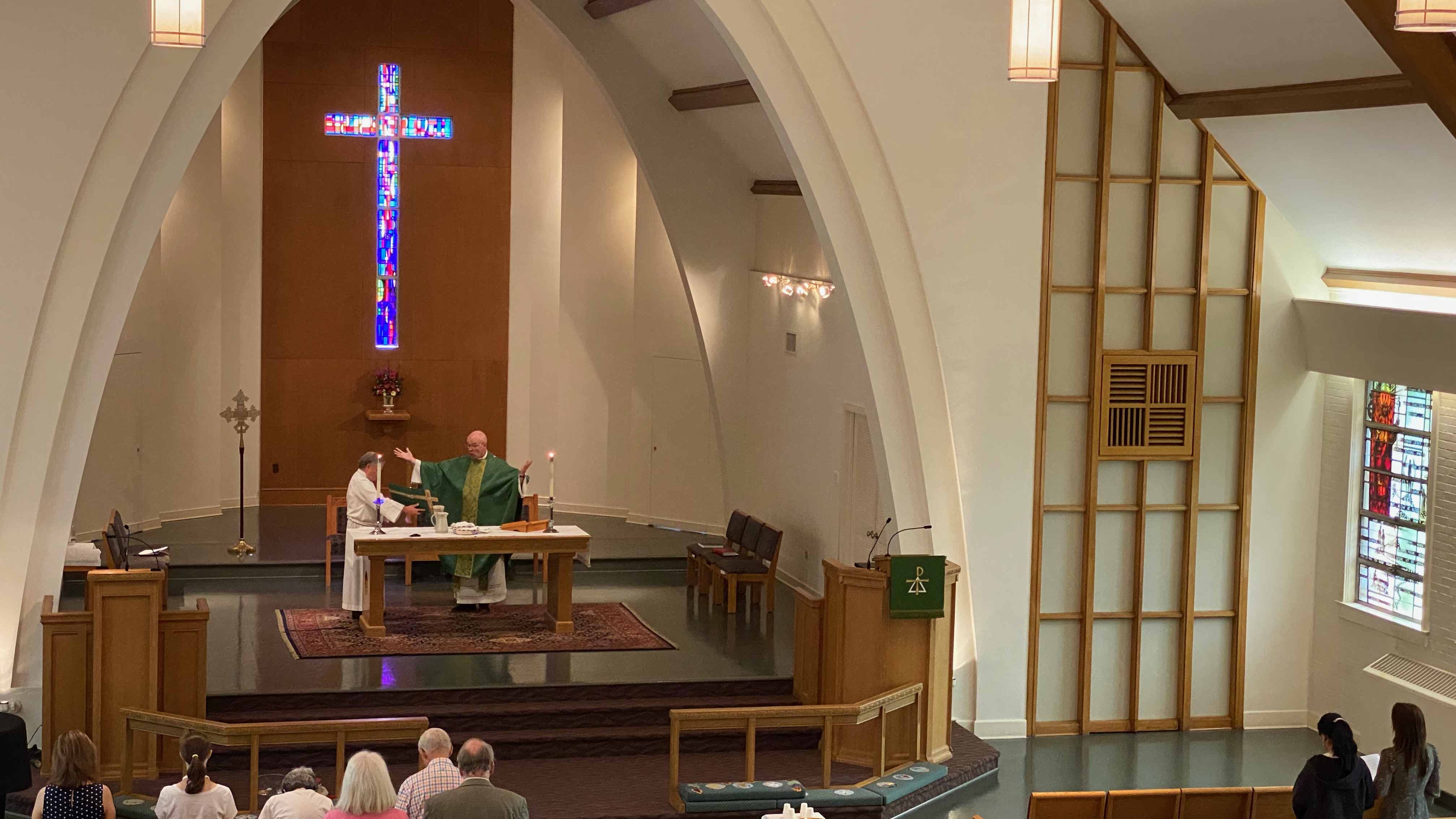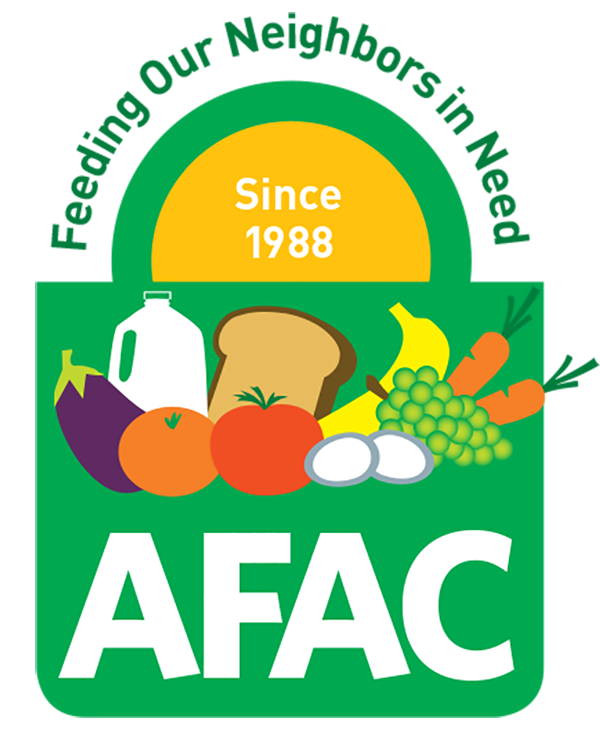Moreover, it’s also my experience that Lutherans tend to compartmentalize faith practices, with rightful special attention to public worship on the Lord’s Day. Therefore, Sundays feature our public faith, but then during the week our various church meetings generally focus on institutional or organizational matters at hand. Yes, we likely begin our meetings with devotions and prayer, likewise concluding them with a prayer. And yes, no one loves an efficient, focused business meeting more than I do.
But cultivating deeper spirituality through faith practices means more than brief opening and closing prayers, and is not a separate program that exists in our various institutional silos. Rather, faith practices rooted in the means of grace characterize our whole life together and thus are best infused into all that we do as church – including our business meetings.
Let me offer an example. The Metropolitan New York Synod Council always had an annual retreat which included a major business meeting. It was my privilege to craft the concepts, themes and schedules for synodical retreats when I was on the Bishop’s staff. Given my planning role, other leaders of the Synod would inevitably corner me, urging me to keep the retreat elements brief since we had so much other business to take care of. But faith practices are the business of the church, I would respond! In any case, we stuck to a retreat schedule organized around the movements of the liturgy – gathering, word, meal, sending. In the morning, we engaged the gathering movement along with study and devotion with God’s word. We shared the Eucharist and then adjourned to lunch. After lunch, in the context of the sending movement, the Synod Council met for its business meeting. Here’s what I observed: deliberation about decisions to be made was informed by our engagement with God’s word, and the business was undertaken more quickly than usual and with people in a more cooperative mood than was typical at Synod Council meetings that involved institutional and organizational matters only. People left energized and fed, rather than exhausted and depleted.
To those who charge that we don’t have time during church business meetings to focus on faith practices I would counter that we don’t have time not to do so. Reportedly, Luther, on his busiest days, would spend even more time in prayer than on his less complicated days. Taking the time to really dwell and linger with God’s word, to be in silence, to intentionally, slowly engage in intercessory prayer, to share in holy conversation with each other – all of this serves as an antidote to the common malady of volunteer burn-out in the church. Infusing varied faith practices into all that we undertake as church toward deepening spiritual vitality is what makes for adaptive or transformative change in our life together. It builds a sense of community. It makes that community more attractive to newcomers who hunger for spiritual meaning and who have no interest in the business as usual of yet another institution worrying about its survival. Spiritual vitality is about putting flesh on and God breathing Spirit into the skeleton of the church as institution. It’s a move from talk about God to more direct experiences of God through the Spirit’s inspiration.
All of this is risky business, as it generally involves a willingness to be vulnerable with others, to reveal in conversation the stirrings of God’s Spirit in our lives. And it takes time. But nurturing spiritual vitality is key to congregational growth expansively understood; it’s a linchpin that may lead to a number of other hoped-for outcomes such as membership growth, communal bonds of affection, leadership development, greater generosity in giving, and more.
How we in particular might seek to nurture greater spiritual vitality at Resurrection Lutheran Church remains to be seen. We’ll discern together what is attractive and contextually appropriate for our congregation. While I have a lot of ideas and resources that I’ve used in other settings, I have no desire to impose on this congregation faith practices that may not ultimately be well-received in our community’s culture.
In any case, perhaps now you have a better understanding of what I mean in my vision statement that seeks to incorporate into all of our activities – including business meetings – various faith practices that make it possible for all regularly to experience the presence of our gracious God in Jesus Christ in the power of the Holy Spirit.
I look forward to various further conversations as we endeavor together to arrive at a shared vision for congregational ministry and mission for the sake of the world, for such a time as this.
May God in Christ lead us faithfully and courageously to the deeper places in the power of the Spirit,
Pastor Jonathan Linman






